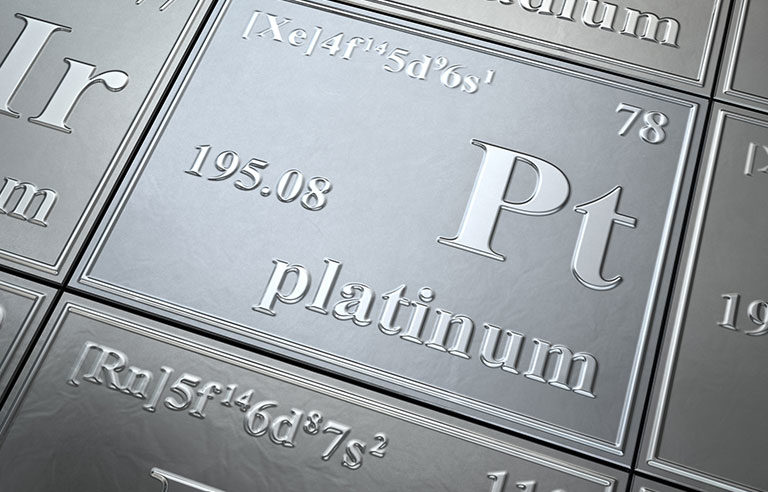Platinum group metals: Association releases guide on protecting workers

Munich — The International Platinum Group Metals Association has released a guide intended to improve safety for workers who are exposed to platinum group metals.
Also known as “the noble metals” because of their resistance to chemical attack, PGMs – platinum, palladium, ruthenium, rhodium, iridium and osmium – are used to help make bulk and specialty chemicals and industrial products, aid in controlling vehicle exhaust pollution, and assist in the treatment of cancer and heart disease, IPGMA states.
According to the association, workers in industrial settings who are exposed to certain compounds of platinum known as complex halogenated platinum salts are at risk for respiratory sensitization, also called platinum salt sensitivity.
Noting that “most PGMs are integral to the workplaces in which they are used, and typically cannot be eliminated or readily substituted,” the guide emphasizes control measures and the design of health and safety programs to protect exposed workers.
They include:
- Medical monitoring of workers, from preplacement tests to diagnosis and investigation of platinum salt sensitivity, as well as management of workers diagnosed with PSS
- Ensuring a safe workplace with sampling best practices, air monitoring frequency and equipment, analysis of samples, and recordkeeping
- Exposure reduction practices such as worker training, proper personal protective equipment choices, containment and work processes
The guide also includes information on exposure limits for PGM substances, chemical Safety Data Sheets, chemical labeling requirements and hazard communication systems.
According to a 1978 Centers for Disease Control and Prevention occupational health guideline, short-term exposure to soluble platinum salts can cause irritation of the eyes, nose and throat, while long-term exposure may result in skin and respiratory allergies.
Post a comment to this article
Safety+Health welcomes comments that promote respectful dialogue. Please stay on topic. Comments that contain personal attacks, profanity or abusive language – or those aggressively promoting products or services – will be removed. We reserve the right to determine which comments violate our comment policy. (Anonymous comments are welcome; merely skip the “name” field in the comment box. An email address is required but will not be included with your comment.)

